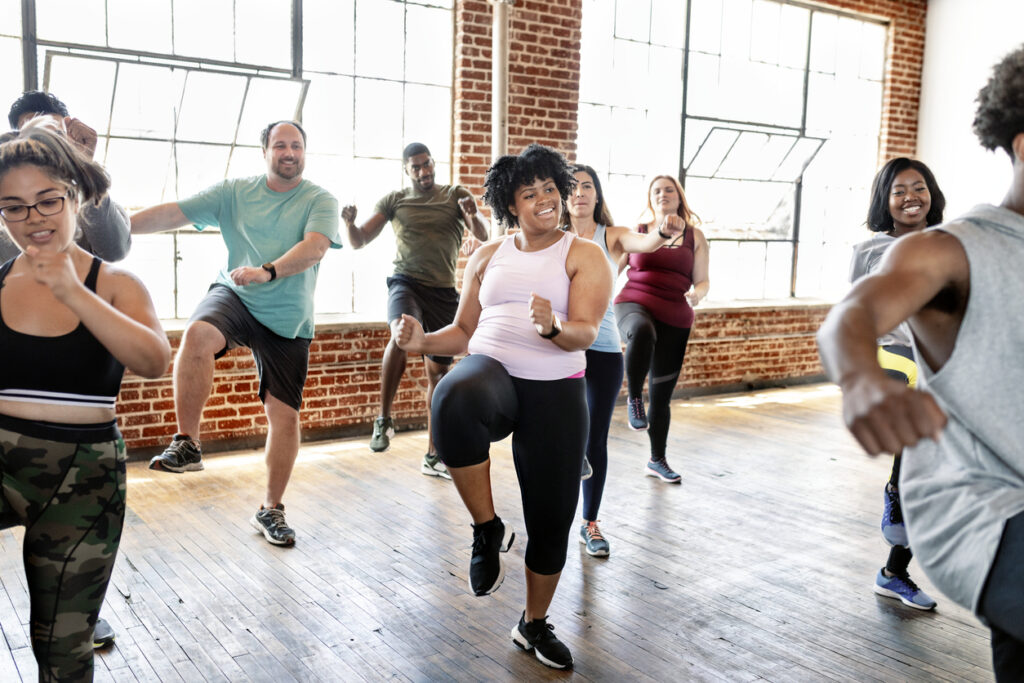Incorporating Exercise into Addiction Recovery Routines

Highlights
- Exercise aids in both physical and mental recovery, reducing cravings and anxiety.
- Engage in social exercises like hiking, softball, and volleyball for community support.
- Activities such as Pilates, weightlifting, and martial arts help ground and focus the mind.
- Yoga, running, and biking promote mental clarity and emotional balance.
- Exercise supports recovery from both alcohol and substance abuse, enhancing overall well-being.
Incorporating exercise into addiction recovery routines can significantly enhance the healing process, promoting both physical and mental well-being. Exercise can be a powerful ally in recovery, helping to reduce cravings, alleviate anxiety, and foster a sense of mindfulness. The positive impacts of exercise and addiction recovery are well-documented, and finding the right routine can make a substantial difference.
For those battling addiction, establishing a consistent exercise routine can provide structure and a healthy outlet for stress. Engaging in group activities like hiking, walking, softball, kickball, tennis, or volleyball can offer social support and a sense of community, which is crucial for sustained recovery. These group exercises help individuals stay motivated and accountable while building connections with others on a similar journey.
For those seeking grounding exercises, high-intensity activities like Pilates, weightlifting, martial arts, and swimming are excellent choices. These exercises require focus and physical effort, helping to redirect the mind from cravings and reducing anxiety levels, a common contributor to addictive behaviors.

On the other hand, exercises that promote mindfulness, such as yoga, running, and biking, can be incredibly beneficial. Yoga, in particular, is often praised for its holistic healing properties, combining physical activity with meditation and self-reflection. However, it’s essential to find what works best for you, as not everyone responds to the same type of exercise.
The connection between alcohol and exercise recovery is also noteworthy. Regular physical activity can mitigate the effects of withdrawal and reduce the temptation to relapse. Similarly, exercise and substance abuse recovery are intertwined, as staying active helps maintain mental clarity and emotional balance.
Whether you prefer group sports, high-intensity workouts, or mindful practices, incorporating exercise into your recovery routine can lead to a healthier, sober life. Embrace the journey, find your preferred activity, and discover the benefits of exercise in your path to recovery.


 Call
Call Text
Text